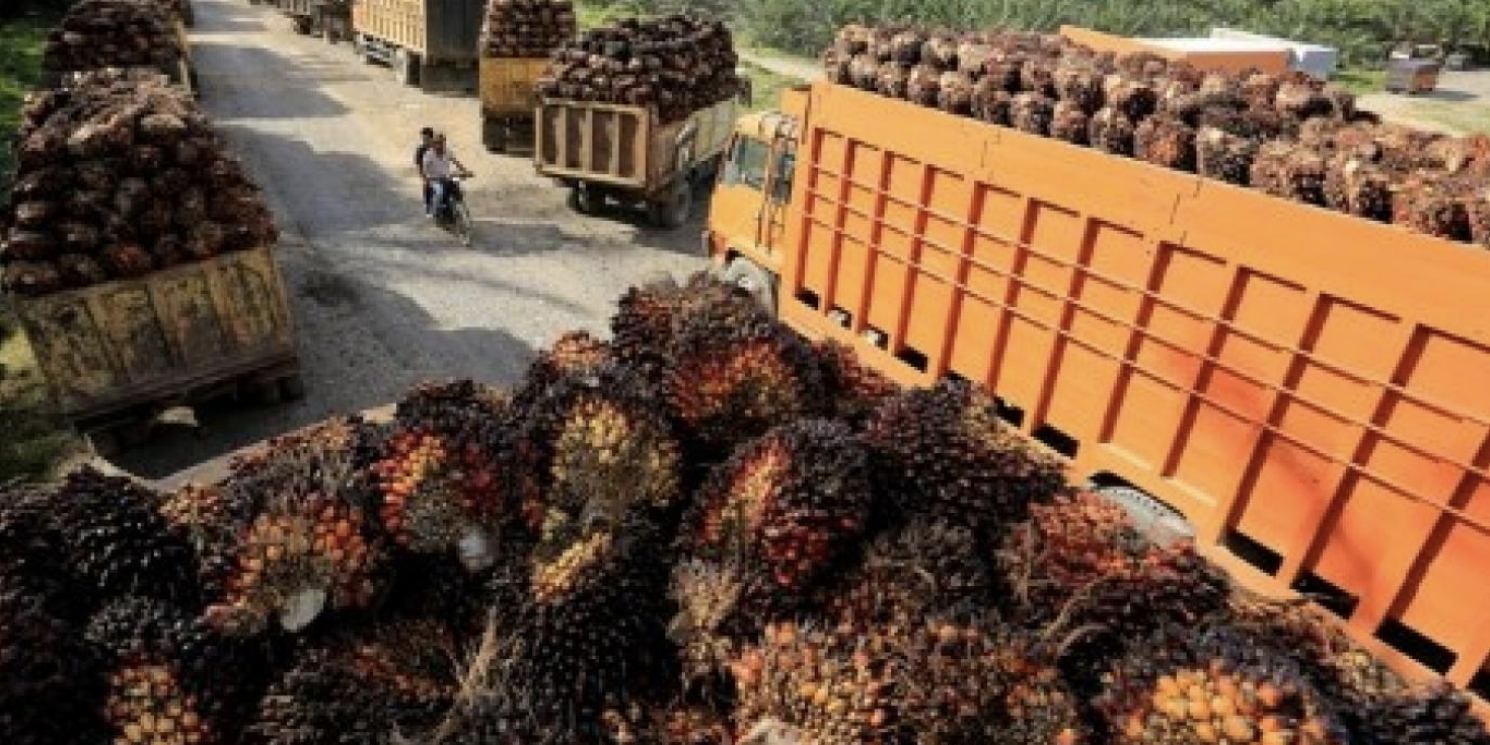Malaysian palm oil futures ended with a modest recovery on Friday and logged a third consecutive weekly gain as the strength in rival edible oils countered a firmer yen.
The benchmark palm oil contract for September delivery on the Bursa Malaysia Derivatives Exchange closed 12 ringgit, or 0.3%, higher at 3,877 ringgit ($857.17) a metric ton.
Palm rose 1.1% for the week, up a third consecutive week for its longest-winning streak since February.
“Palm was higher after giving up hefty gains yesterday, buoyed by higher bean oil and some bargain-buying as positive sentiment from export demand fed the buying momentum, though gains were tempered by renewed strength in the local currency,” said Sathia Varqa, co-founder of Singapore-based Palm Oil Analytics.
India’s palm oil imports jumped 56% to a three-month high in June as buyers took advantage of a dip in prices to increase purchases, a leading trade body said on Friday.
Malaysia has maintained its August export tax for crude palm oil at 8% and raised its reference price, a circular on the Malaysian Palm Oil Board website showed on Friday.
Meanwhile, top producer Indonesia is planning to set its crude palm oil reference price higher at $791.02 per metric ton for July 16-31, senior economic ministry official Musdhalifah Machmud said on Wednesday, making it less competitive against the Malaysian palm oil.
Dalian’s most-active soyoil contract strengthened 0.8%, while its palm oil contract grew 0.2%. Soyoil prices on the Chicago Board of Trade BOcv1 inched up 0.8%.
Palm oil is affected by price movements in related oils as they compete for a share in the global vegetable oils market.
The Malaysian ringgit MYR=, palm’s currency of trade, appreciated 1.40% against the dollar to hit its highest level since May 18. A stronger ringgit makes palm oil less attractive for foreign currency holders.
Source: Hellenics Shipping News










